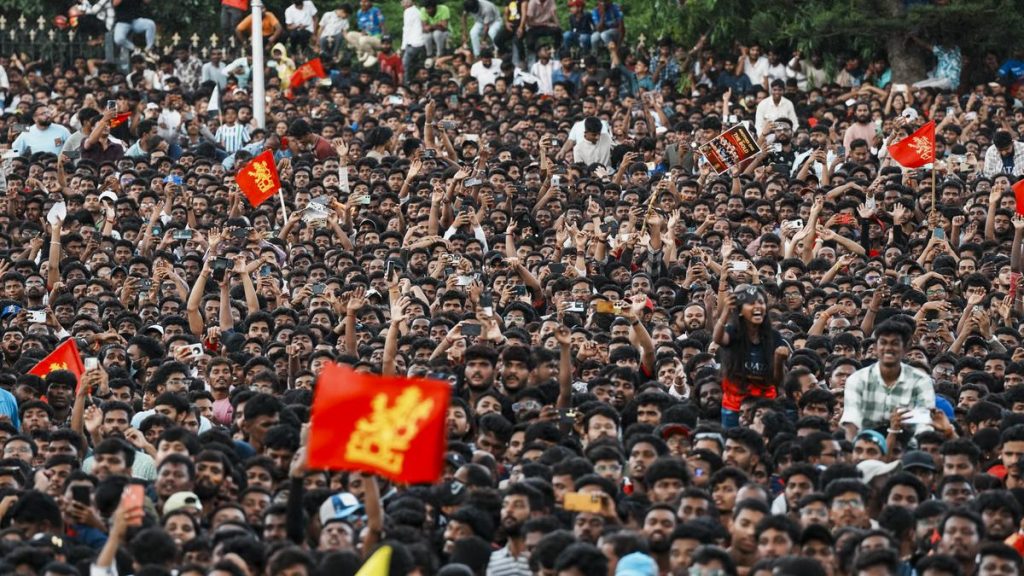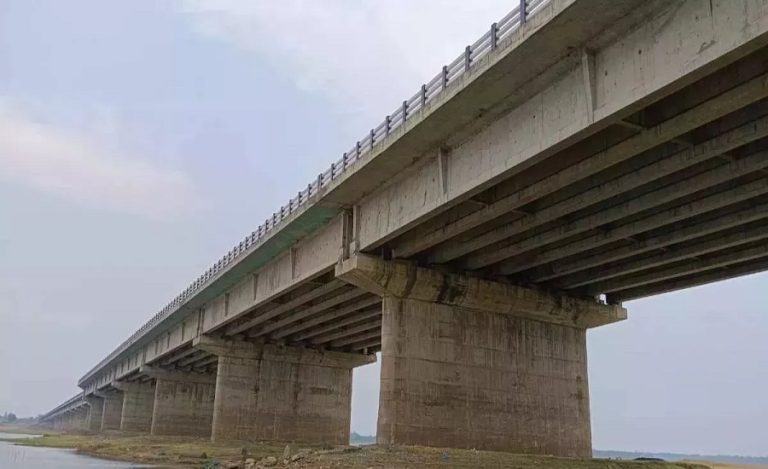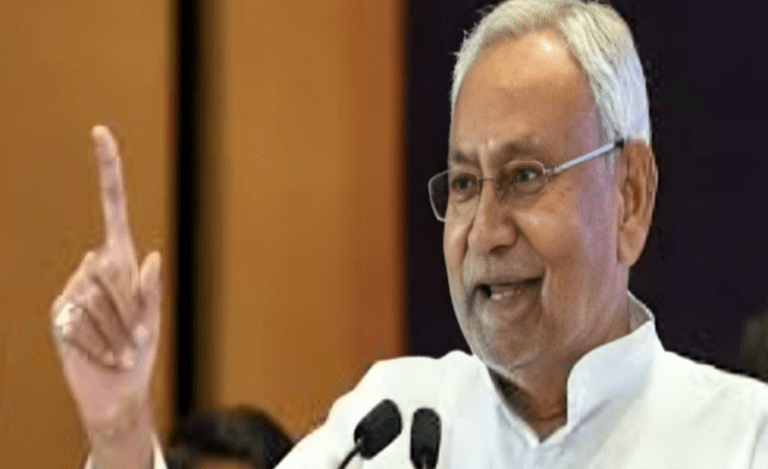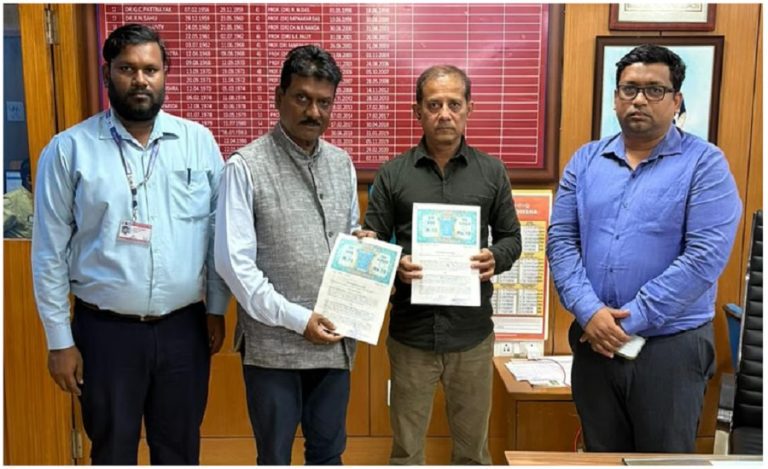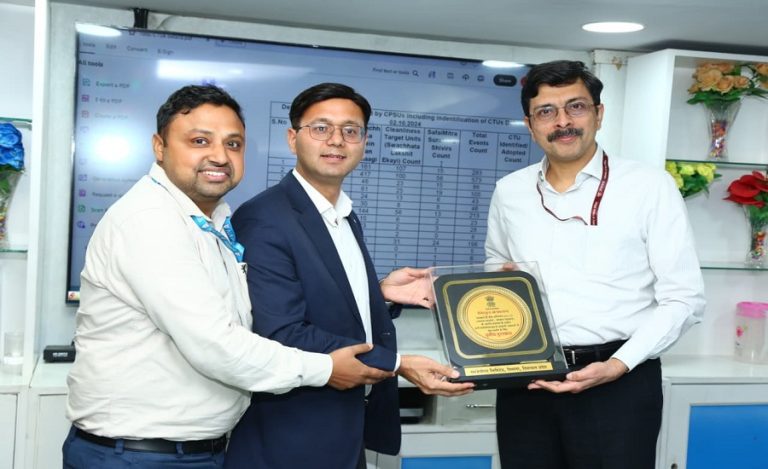Bengaluru: What began as a tragic incident claiming 11 lives in a stampede at M. Chinnaswamy Stadium on June 4 has escalated into a full-blown conflict between two of India’s top civil services – the Indian Police Service (IPS) and the Indian Administrative Service (IAS) – in Karnataka. The aftermath of the tragedy has seen senior IPS officers suspended, leading to accusations of selective punishment and igniting a turf war over accountability.
State Government Suspension Triggers IPS Backlash
In a swift response, Chief Minister Siddaramaiah suspended five police officers, including three senior IPS officers, citing “substantial dereliction of duty.” The officers suspended include:
- B Dayananda, ADG and Commissioner of Police, Bengaluru
- Vikash Kumar Vikash, IGP and Additional Commissioner (West)
- Shekar H Tekkannavar, DCP (Central Division)
- C Balakrishna, ACP (Cubbon Park)
- AK Girish, Inspector (Cubbon Park Police Station)
The suspensions were issued on June 5, just one day after the tragedy, and have since sparked deep unrest within the IPS cadre.
IPS vs IAS: Accusations of Bias and Scapegoating
Senior IPS officers allege selective targeting, questioning why no IAS officer has been held accountable. They argue that the Department of Personnel and Administrative Reforms (DPAR) – run by senior IAS officers – ignored explicit warnings from Bengaluru Police about potential crowd control issues, especially around the felicitation event at Vidhana Soudha held the same day.
“How can only the police be blamed when the event that attracted lakhs was approved by DPAR despite our red flags?” asked a senior IPS officer.
The IPS community is now reportedly demanding that accountability also be extended to DPAR Secretary, the Home Secretary, and the Chief Secretary, all senior IAS officials involved in event approvals.
Vikash Kumar Vikash Challenges Suspension in Tribunal
In a significant development, IGP Vikash Kumar Vikash has approached the Central Administrative Tribunal (CAT) to challenge the legality of his suspension. His petition questions whether due process was followed and reflects growing frustration among IPS officers, who feel they are being made scapegoats for a larger administrative failure.
IAS Officers Defend Position, Shift Focus to Stadium Organisers
On their part, IAS officers have pushed back, claiming the stampede took place at the stadium, not at the Vidhana Soudha, where the felicitation event was held “without incident.” They argue that the stadium event was organized by the Karnataka State Cricket Association (KSCA) and Royal Challengers Bengaluru (RCB) – neither of which falls under direct IAS oversight.
This argument, however, has not placated the IPS association, which is formally petitioning the Chief Minister for revocation of the suspension orders.
A Battle Beyond Bureaucracy
This episode has highlighted not just bureaucratic friction but deeper questions of inter-service accountability, administrative coordination, and crisis preparedness in large-scale public events. With lives lost and reputations at stake, the clash between IPS and IAS officers may set a precedent in how high-profile administrative failures are handled in India going forward.

